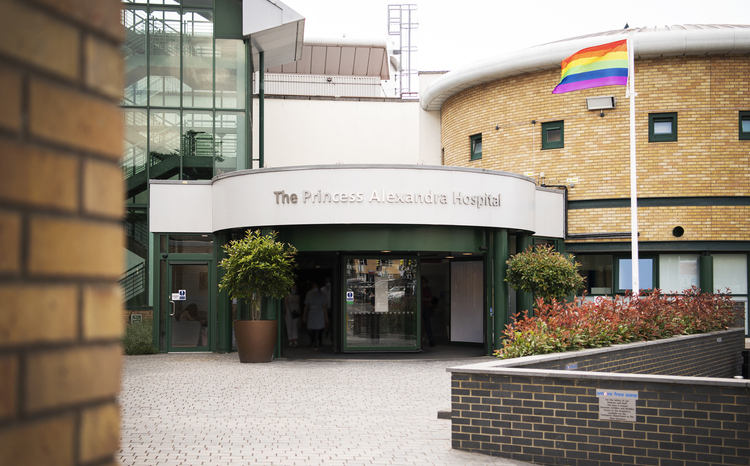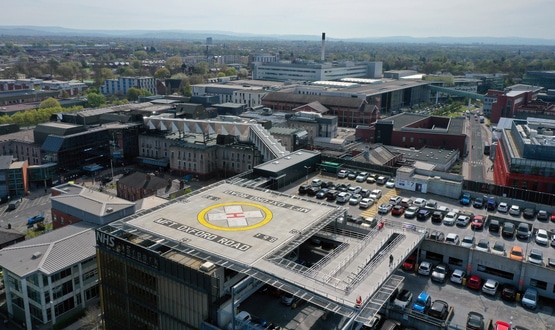Digital Health Coffee Time Briefing 
- 7 November 2023

Your morning summary of digital health news, information and events to know about if you want to be “in the know”.
???? News
???? AI Project Hub, a leading multinational consultancy firm, has announced its partnership with Domino Data Lab, provider of the leading Enterprise AI platform trusted by over 20% of the Fortune 100, to jointly deliver solutions for rapidly and responsibly scaling enterprise AI innovation across Life Sciences and other key markets. BIP will provide professional services to help Domino customers rapidly scale AI innovation for a competitive advantage as part of this collaboration. BIP will also deliver pre-built templates and projects focused on accelerating life sciences use cases in Domino’s recently announced AI Project Hub.
???? Tens of thousands more women at increased risk of breast cancer could now benefit from a proven risk-reducing drug on the NHS, after it was licensed in a new use to help prevent the disease. Anastrozole, which has been used for many years as a breast cancer treatment, has today been licensed by the Medicines and Healthcare products Regulatory Agency (MHRA) as a preventive option – which it is hoped could help prevent around 2,000 cases of breast cancer in England. The drug, which is off-patent, has been shown in trials to reduce the incidence of the disease in post-menopausal women at increased risk of the disease by almost 50%.
???? The digital health market is estimated to be growing at a compound annual growth rate of around 25% from 2019 to 2025, with the sector capturing the attention of many investors around the globe. According to the CB Insights Healthcare Report Q3 2021, in Q1–3 2021 alone, US$40 billion went into digital health worldwide, spanning across more than two thousand deals and 33 new digital health companies who received unicorn valuation. The health tech sector’s 2022 venture capital funding fell short of 2021, dropping about 30% from US$39.3 billion in 2021 to US$27.5 billion in 2022. However, 2022 investments were still approximately 30% higher than in 2020, and more than doubled from 2019.

???? The IT digital automation team at The Princess Alexandra Hospital NHS Trust has received a Network Designs Limited (NDL) Community Award and generous charitable donation in recognition of their commitment to enhance patient care and experiences. The team were nominated for their project which focused on streamlining patient referrals, from their GP to attending their first hospital appointment, to ensure that their experience was as straightforward as possible.

Over one in 25 GP appointments are unattended by patients, according to research by medical negligence solicitors Minto Morrill. The research also found that over one in 25 patients are waiting over a month for GP appointments and three in 20 GP appointments last under 5 minutes. The NHS locations with the highest percentage of “Did Not Attend” are North East London, Birmingham and Solihull, and South East London.
???? What we’re reading
Ireland ranks worst in the developed world for digital health policies even though Irish people have the third-highest level of digital skills, according to an Organisation for Economic Co-operation and Development (OECD) report.
???? This week’s events
9 November, 11.00-12.30, The Health Foundation – What will the NHS look like at 100? REAL Challenge annual lecture




